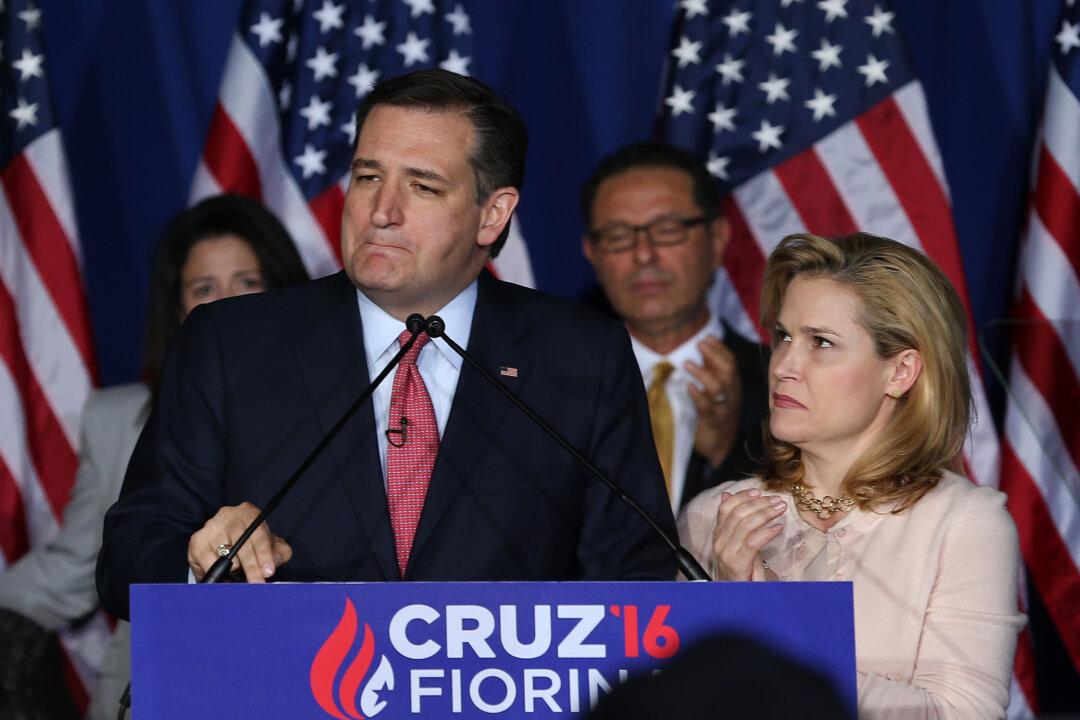Yesterday, Ted Cruz won all 13 delegates that were awarded at the Colorado Republican state convention; he had earlier won all 21 awarded at Congressional District (CD) conventions. Cruz is also likely to do very well when 14 Wyoming delegates are awarded at the state convention next weekend.
Donald Trump still leads the Republican delegate count with 758, to 540 for Cruz, and 144 for John Kasich. He should easily win New York on Tuesday, April 19. New York has 95 Republican delegates, three for each of its 27 CDs and 14 statewide. If a candidate wins over 50 percent in a CD, they win all three delegates; otherwise, it will be two to the winner, and one for the runner up. If a candidate has over 50 percent statewide, they win all statewide delegates; otherwise, statewide delegates are awarded proportionally.
New York polls currently give Trump 54 percent of the vote, with 21 percent for Kasich and 19 percent for Cruz. As a result, Trump is likely to win over 50 percent statewide. What is not known is how evenly dispersed his support is; he would lose some CD delegates with uneven support.
A week after New York, five northeastern states hold their primaries. The northeastern states are Cruz’s worst region, so Trump and perhaps Kasich should do well. It is unlikely that the Republican nomination will be decided until at least June 7, the final primary day, when five states vote, including the most populous state, California.




